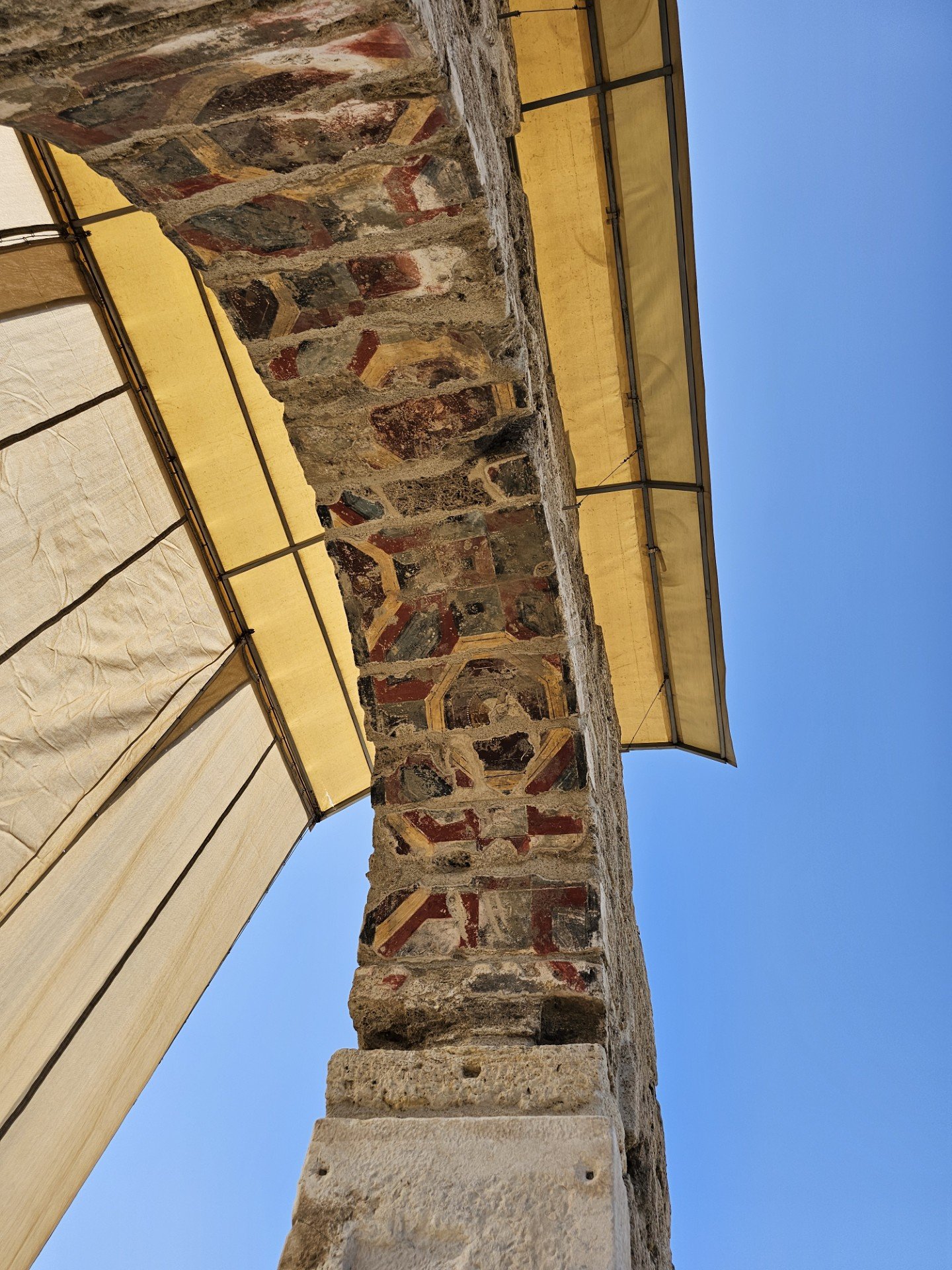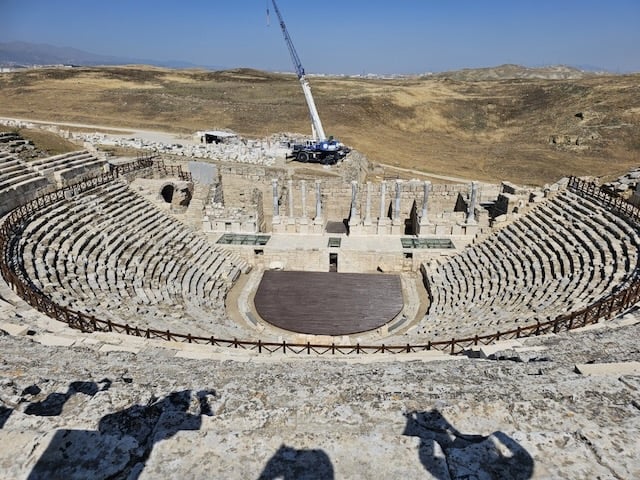The Israel Antiquities Authority: “To the best of our knowledge, no damage has been caused thus far to archaeological artifacts under the responsibility of the Israel Antiquities Authority, and no reports have been received regarding damage to exhibits in museums.” Some precautions have been taken.
The opening of the Grand Egyptian Museum will be delayed until later in the year due to the Israel-Iran war.
The Garden of Hercules in Pompeii has been restored and reopened to the public following “the planting of 800 ancient roses, 1,200 violets, 1,000 ruscus plants, cherry trees, vines, and quince trees.”
A team of researchers is working to recreate Egyptian blue, and they created 12 different recipes for the endeavor.
Officials in Rome have unveiled a new piazza around the Mausoleum of Augustus.
Looting and trafficking of ancient artifacts has increased in Syria since the fall of the government.
Bible History Daily asked a few scholars for their perspective on a new study dating the Dead Sea Scrolls earlier than previously believed. Rollston, for example, knows that the calibrated dates are in error since we know that Daniel 8-11 cannot be dated to earlier than the events occurred in 167 BC.
New website: Iron Age Hebrew Ostraca in the Silicon Age – Computerized Paleography – “our research in the last few years has focused on solving some problems, avoiding others and shedding new light on literacy in biblical Israel and Judah through statistical analysis.”
Conference on June 25-27: “Exodus in Transdisciplinary Perspective,” at UC San Diego, with a YouTube livestream.
New from Preserving Bible Times: Encounters with Jesus, by Doug Greenwold, in audiobook format
Preston Sprinkle invited me on to his Theology in the Raw podcast to talk about archaeology and the Bible, including Jericho, David, and Hezekiah’s Tunnel (YouTube, Apple, Spotify). He kicked it off by recalling comments I wrote on his archaeology paper 25 years ago.
HT: Agade, Ted Weis, Alexander Schick, Explorator











 English (US) ·
English (US) ·